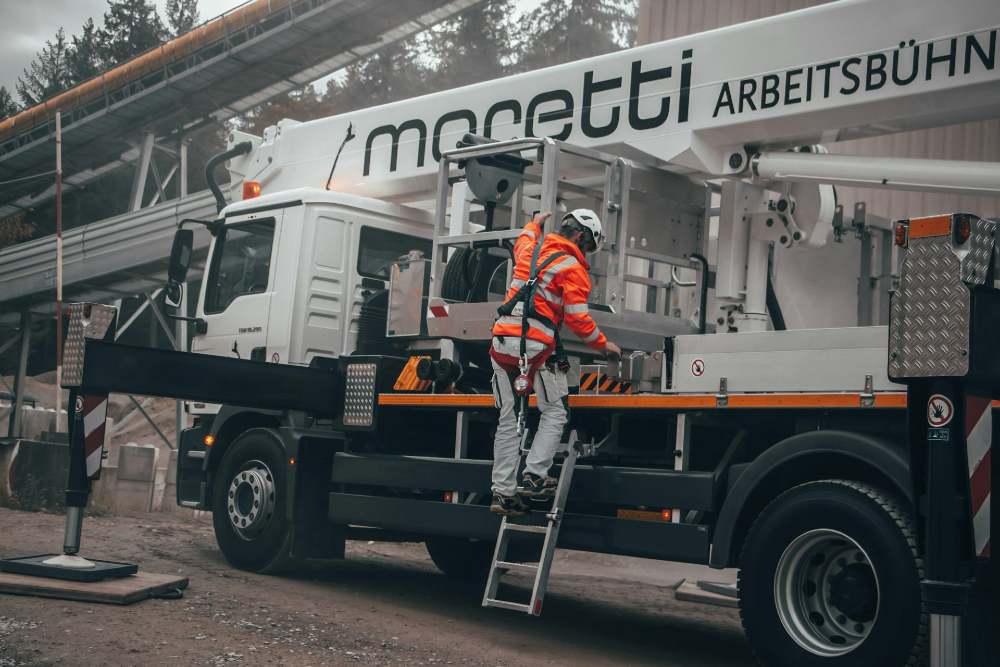Key Factors to Consider when Choosing the Right Crane Truck For Hire
The right equipment can make all the difference in the realm of construction and heavy-duty projects. Crane trucks are indispensable assets when it comes to lifting and transporting heavy loads. However, choosing the appropriate one for your job is a crucial decision that can have a substantial impact on efficiency and the overall success of the project. This article explores the key factors to consider when choosing a crane truck for hire, which will ensure that your project runs smoothly and effectively.
Understanding Your Project Needs
What type of materials will you be lifting? What is the maximum weight capacity needed? Are there any height or reach limitations at the job site? Comprehending these factors will assist you in choosing a crane truck that possesses the necessary specifications to fulfil your project requirements.
Assessing The Capacities
One of the first considerations in choosing the right crane truck is its loading capacity. Different models come with varying specifications, and it’s crucial to match their capacities with the demands of your project. Refer to the specifications provided by the crane truck rental service, ensuring that the chosen equipment can handle the loads you intend to lift.
Reach and Boom Length
A crane truck’s reach and boom length are equally vital aspects to consider. Evaluate the height and horizontal distance required for your lifting tasks. Choosing one with the appropriate reach ensures that you can access all work site areas without any constraints. This prevents unnecessary adjustments and enhances the overall efficiency of your operations.
Mobility and Maneuverability
Efficiency is not solely about lifting capacity; it also involves the crane truck’s ability to navigate the job site. Consider the mobility and manoeuvrability of the vehicle, especially if your project involves tight spaces or complex layouts. Opting for a crane with enhanced mobility ensures that you can position it precisely where needed, streamlining your workflow.
Terrain Considerations
Not all job sites have smooth and even terrain. Some projects may require heavy-duty vehicles to operate on rough or uneven ground. In such cases, choosing a crane truck that is well-suited for the specific terrain conditions is essential. Verify with the rental service that the equipment is engineered to tackle the obstacles presented by the job site’s terrain.
Safety Features and Compliance
Safety should always be a top priority in any construction project. When selecting a heavy-duty vehicle for hire, inquire about the safety features incorporated into the equipment. This includes load monitoring systems, anti-collision technology, and other safety mechanisms. Additionally, ensure that it complies with industry regulations and standards to minimise risks and ensure a secure work environment.
Maintenance and Reliability
The reliability of the crane truck is a key factor in maintaining project efficiency. Inquire about the maintenance practices of the rental service and the overall condition of their equipment. A well-maintained one is less likely to experience breakdowns, reducing downtime and keeping your project on schedule.
Cost-Efficiency and Budget Considerations
While efficiency is crucial, it’s equally important to stay within budget constraints. Evaluate the overall cost of the heavy-duty vehicle hire, considering not only the rental fee but also additional charges such as transportation and operator costs. Compare quotes from different rental services to balance cost and the features offered.
Conclusion
Choosing the right one for your project is a strategic decision that can significantly impact efficiency and overall project success. By understanding your project needs, assessing crane truck capacities, considering reach and mobility, and prioritising safety and reliability, you could make an informed choice. With these factors in mind, your project will be well-equipped for success with a crane truck for hire that can efficiently meet the demands of your lifting and transportation tasks.




